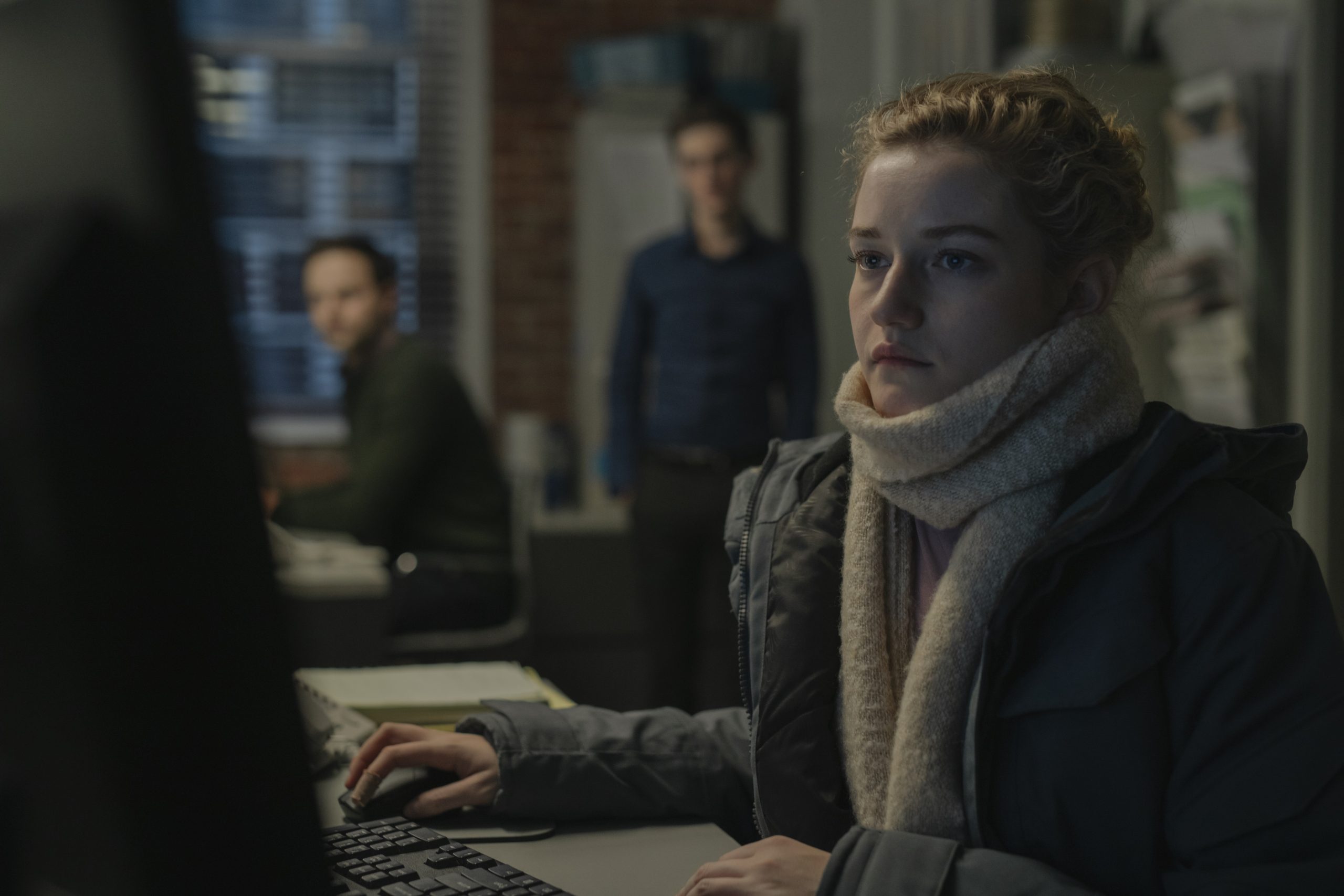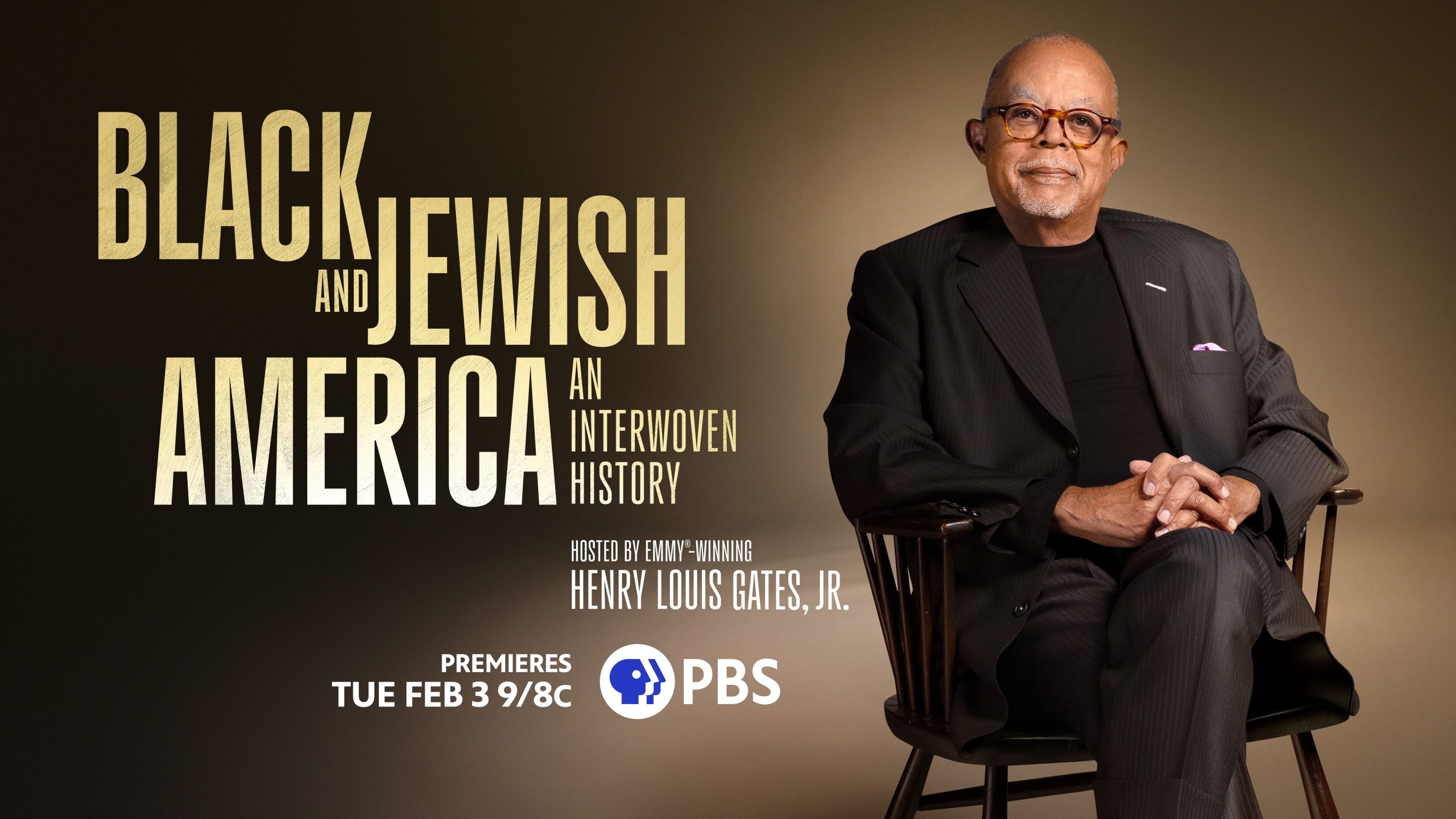
Writer-director Kitty Green sat down with Solzy at the Movies last week to discuss her new film, The Assistant, from Bleecker Street.
The Assistant is currently playing in theaters after screening in the Spotlight program during the 2020 Sundance Film Festival.

How thrilled were you to premiere The Assistant at Telluride and then be selected for Sundance?
Kitty Green: I’m not sure. Thrilled is a weird word. I knew that Telluride was an interesting place to screen but it was a lot of film executives and didn’t feel like there was many actual general public there. I kind of was very excited to do Sundance because I felt like you get more of a crowd. You get people from Salt Lake City, you get to kind of get it in front of an actual audience’s eyes, which was important to me because I felt like at Telluride, we were just sort of screening it for male film executives and it made them uncomfortable. Both festivals treated us very well and we were very fortunate to be able to screen there. It’s a difficult subject so we’re grateful that they accepted us.
You were working on a documentary when the whole #MeToo movement started. What led you to transition to a narrative feature?
Kitty Green: It wasn’t really a documentary. I was making a project. I was basically chatting to college students about consent and power. I wasn’t sure what it was going to be exactly but I was just doing a lot of research. The Weinstein story broke and I kind of shifted focus to film environments. It was always like a similar thing that the research comes first and then I figure out the form and what shape it will take. This one lent itself to kind of more of a narrative because I really wanted to get people into the shoes of the lead character and just to feel what she feels and to see how complicated that position is.
Can you talk about casting Julia Garner and getting this amazing performance from her?
Kitty Green: I went to the casting. We were working with a casting agent. I’d had seen Julia on The Americans but I said to the casting agent that I needed somebody who’s really infinitely watchable—which was the phrase I used—but just someone you could follow because there’s not a lot of dialogue. It’s mostly her doing kind of banal tasks. I really needed someone with a striking look. She suggested Julia, who I had seen. I remember when I saw her on The Americans, I was like, Oh, she’s interesting. We met for coffee. She seemed to really understand the script and the character. We seemed to get along really well so it was pretty natural from there. We had a month of rehearsals during pre-production so we kind of spent a lot of time talking about the character, her motivations, and kind of built the character in that period.
Can you talk about the role that James Schamus played in producing the film?
Kitty Green: He produced my last film—he and Scott Macaulay. They’re fabulous and have been very supportive. On then this one, they were both working on what was going to be a college campus project. I came to them and said that listen, I want to switch it to be about the film industry. They were both supportive of that. That was great. They’re great. I feel very lucky. They really helped get it up and financed and without them, none of this would have happened.
What do you want audiences to take away from watching The Assistant?
Kitty Green: I’ve had a few bosses walk out and say, “I’m gonna think about the way I treat my assistants.” It’s just been kind of incredible. I would love it if people could just have a little think about our workplaces and our own—I think we’ve all been complicit in the system for a long time. We’ve sort of shut women of power. If we can kind of re-examine that a little and just think about our own behavior and the way we treat others and ideally, hopefully, they’ll go to their workplaces thinking about those themes, issues, and maybe be able to speak up if they see something that is a little disconcerting. I don’t know. Any kind of awareness as to what’s going on helps. Highlighting all these little inequities and all these little microaggressions, I think, hopefully will help things moving forward.
You did a lot of research for the film—which allows audiences to go inside a studio executive’s office—what was the most surprising thing you learned?
Kitty Green: To be honest, I mean, there was a lot of kind of crazy stories but I wasn’t really that interested in the crazy. I felt like I wanted to make a film that was relatable to any woman who has worked in an office, basically. I kind of ignored a lot of the insane stuff and focused on the very ordinary and mundane kind of tasks that most of us can relate to. I can’t tell you a crazy story, sorry.
This kind of segues back to my first question but do you feel that the conversations you heard at Sundance were different from Telluride given the very different audiences that attend the festivals?
Kitty Green: We were in very small theaters in Telluride so it wasn’t like we had a heap of conversations about it. I did notice the way women were responding to it in a really beautiful way there, too. But in Sundance, It was interesting. We screened in Salt Lake City, which is mostly just people that live nearby. They all kind of connected with the character and that was really exciting to see all this. This isn’t just about the film industry. It really is resonating with people from all industries. That was the special thing about Sundance for sure.






